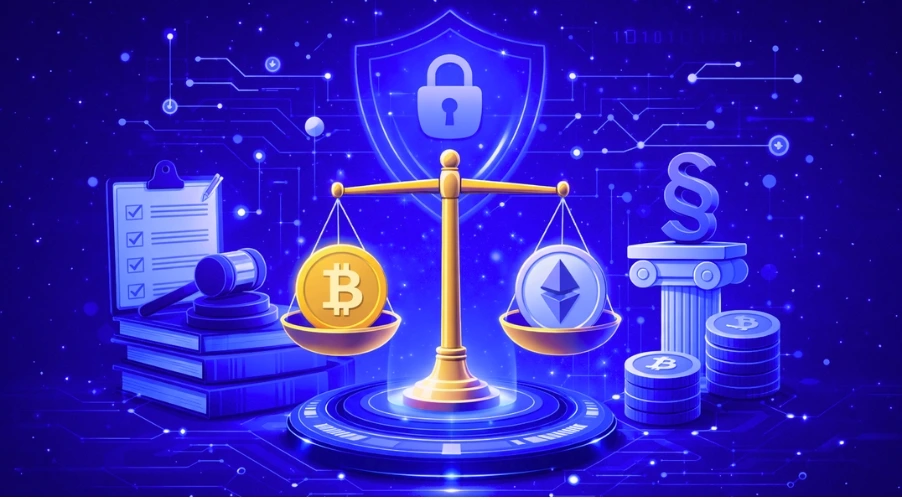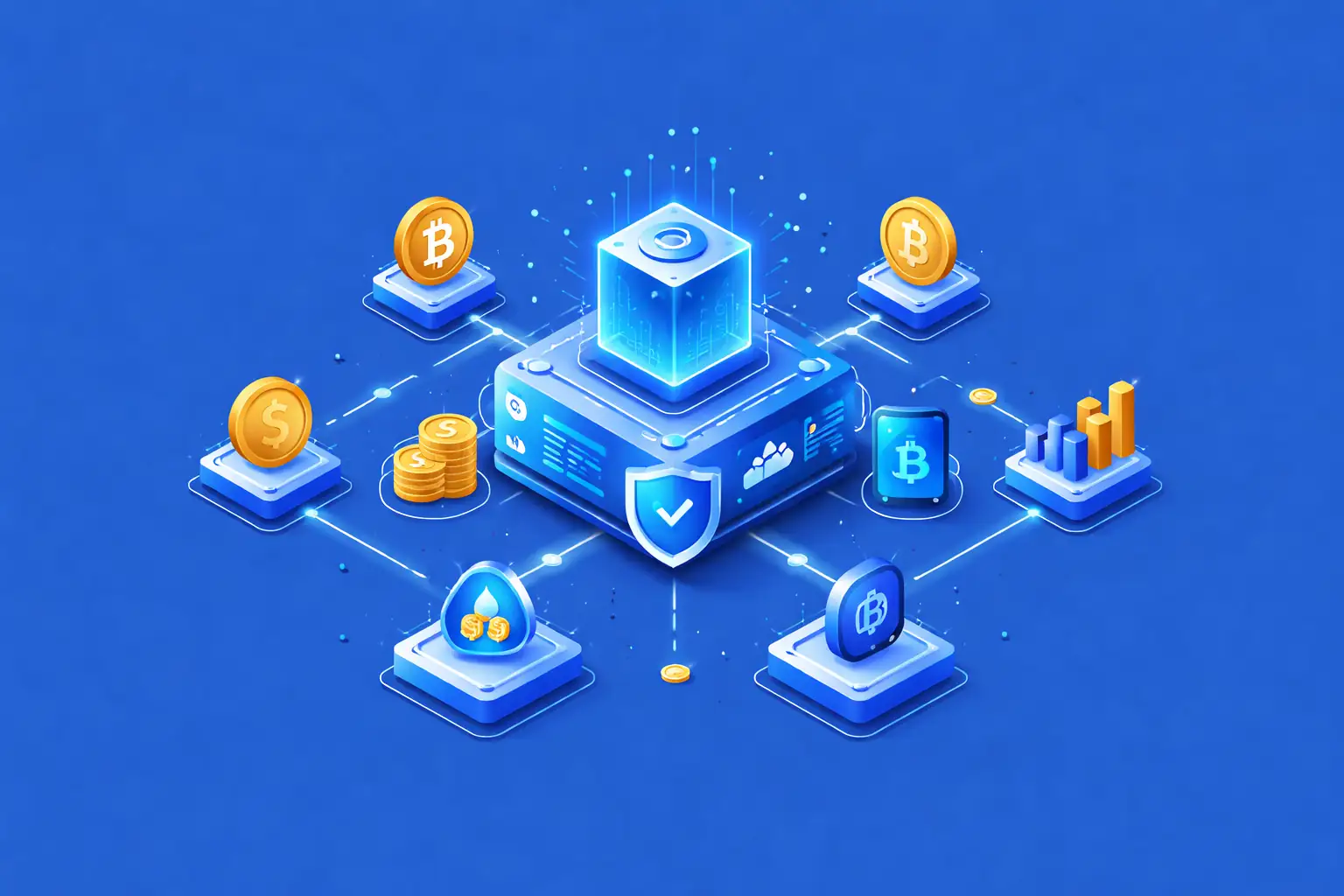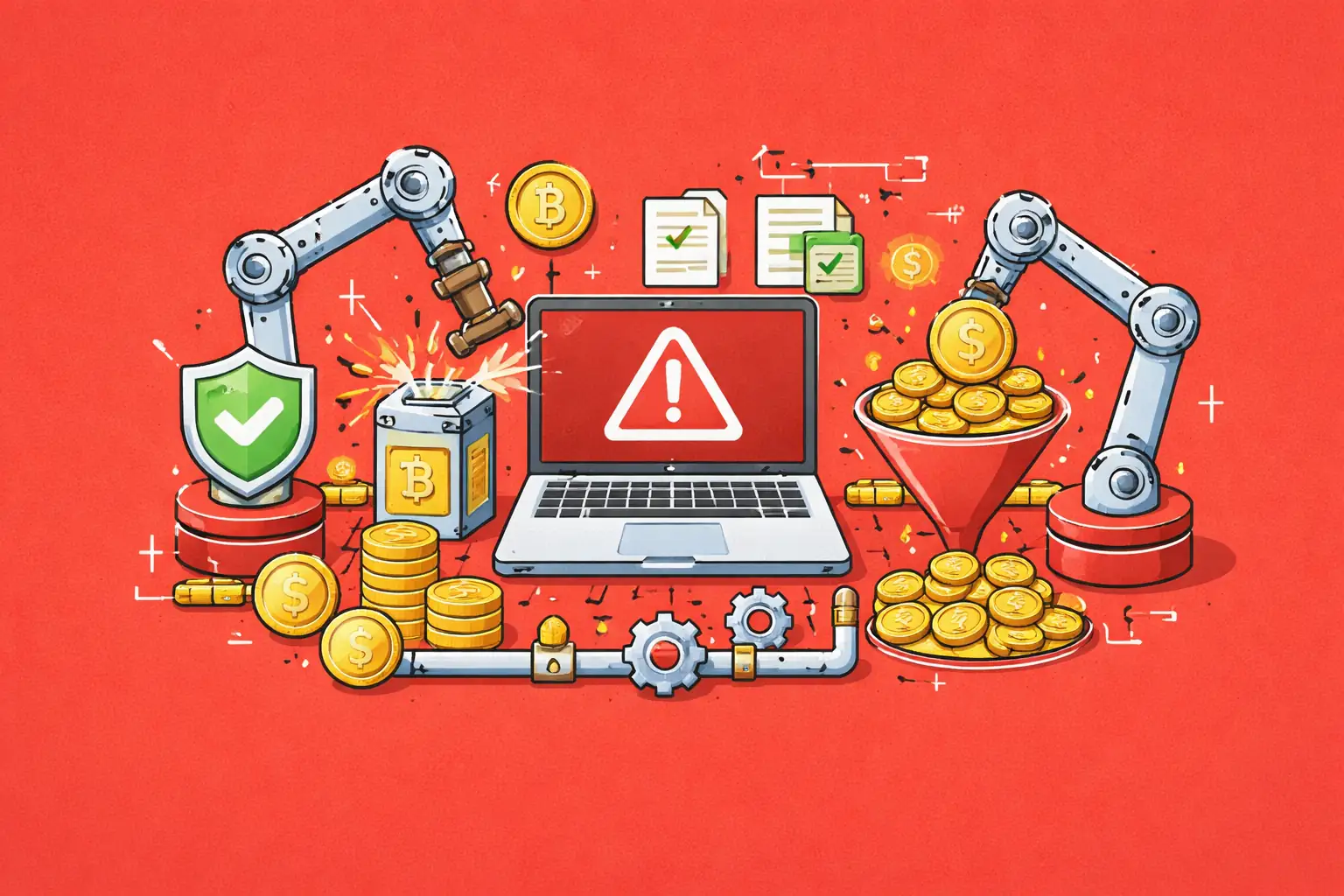Decentralized finance (DeFi) has become one of the most groundbreaking innovations in blockchain. At the heart of this transformation are DeFi contracts—self-executing agreements built on blockchain networks. But these contracts don’t work alone. They rely on a powerful ecosystem of blockchain tools for DeFi contracts that enable developers to build, test, secure, and deploy them at scale.
In this blog, we’ll explore the essential blockchain tools for DeFi contracts, their importance, and how they shape the future of decentralized finance.
Understanding DeFi Contracts
DeFi contracts are digital agreements that operate without intermediaries like banks or brokers. Instead, they’re executed by code on blockchain networks. These contracts can:
-
Automate lending and borrowing
-
Enable decentralized exchanges (DEXs)
-
Facilitate yield farming and staking
-
Power derivatives, insurance, and prediction markets
But creating and managing these contracts requires reliable tools. From programming languages to auditing frameworks, blockchain tools for DeFi contracts provide the foundation for innovation.
Why Blockchain Tools Are Essential for DeFi Contracts
Building DeFi contracts is complex, involving security, scalability, and compliance challenges. Tools are needed to:
-
Write secure code → Languages like Solidity and Rust provide structure.
-
Test performance → Frameworks ensure contracts behave correctly.
-
Audit vulnerabilities → Security tools prevent hacks.
-
Deploy efficiently → Deployment suites automate blockchain interactions.
-
Integrate with users → Wallets and APIs connect people to DeFi apps.
Without these tools, DeFi contracts would be error-prone and risky, limiting trust and adoption.
Key Blockchain Tools for DeFi Contracts
1. Programming Languages
The foundation of any DeFi contract begins with code. Popular blockchain programming languages include:
-
Solidity → The primary language for Ethereum and EVM-compatible chains. It’s widely used for DeFi contracts like Uniswap, Aave, and Compound.
-
Rust → The go-to language for Solana and Polkadot ecosystems, known for speed and memory safety.
-
Vyper → A Pythonic language for Ethereum contracts, emphasizing simplicity and auditability.
Choosing the right language depends on your blockchain network and project needs.
2. Development Frameworks
Frameworks accelerate the creation of DeFi contracts by offering ready-to-use components. Some leading frameworks are:
-
Hardhat → A development environment for compiling, testing, and deploying Ethereum contracts. It supports debugging and plugin integration.
-
Truffle → A veteran framework offering smart contract management, migration, and testing.
-
Foundry → A fast, Rust-based toolkit popular among advanced Ethereum developers.
-
Anchor → Tailored for Solana, Anchor simplifies Rust based contracts.
These frameworks reduce complexity and allow teams to focus on financial innovation rather than infrastructure.
3. Security & Auditing Tools
Security is non-negotiable in DeFi. A single exploit can cost millions of dollars. Blockchain tools for DeFi contracts include security-focused solutions such as:
-
OpenZeppelin → Provides audited, reusable smart contract libraries for ERC20, ERC721, governance, and DeFi modules.
-
Slither → A static analysis tool for Solidity contracts, detecting vulnerabilities quickly.
-
MythX → A professional-grade security platform that integrates with Truffle and other tools.
-
Certora → Offers formal verification for Ethereum contracts, ensuring mathematical correctness.
Security tools protect users and strengthen trust in DeFi ecosystems.
4. Testing & Simulation Environments
Testing ensures that DeFi contracts perform correctly under real-world conditions. Key tools include:
-
Ganache → A local Ethereum blockchain for testing contracts without real funds.
-
Tenderly → Provides simulation, debugging, and transaction monitoring in real time.
-
DappTools → Lightweight suite for Ethereum developers focused on efficiency.
Simulations help developers identify risks before launching on mainnets.
5. Deployment & Integration Tools
After coding and testing, developers need deployment suites and integration layers. Common tools are:
-
Remix IDE → A browser-based environment for Solidity coding and direct deployment.
-
Infura → Provides Ethereum API access for scaling dApps and DeFi contracts.
-
Alchemy → Developer-friendly APIs and node infrastructure for DeFi projects.
These services reduce backend complexity and ensure smooth contract launches.
6. Wallets & User Access Tools
DeFi contracts are only useful if users can interact with them. Wallets act as the bridge:
-
MetaMask → The most popular Ethereum wallet, enabling users to connect to DEXs and DeFi platforms.
-
Phantom → A Solana wallet designed for DeFi and NFT usage.
-
Ledger & Trezor → Hardware wallets that add security when managing DeFi funds.
Wallets increase usability and drive adoption by making DeFi more accessible.
The Future of Blockchain Tools for DeFi Contracts
As DeFi matures, blockchain tools will continue to evolve. Expect to see:
-
AI integration for contract audits and risk prediction
-
Cross-chain frameworks supporting multi-blockchain DeFi apps
-
Zero-knowledge proof tools enhancing privacy and scalability
-
Decentralized identity solutions improving compliance and user trust
These innovations will strengthen DeFi contracts and make them the backbone of global finance.
Final Thoughts
DeFi contracts are revolutionizing how we interact with money, investments, and digital assets. Yet, none of this progress would be possible without the blockchain tools for DeFi contracts that make them secure, scalable, and user-friendly.
From programming languages like Solidity and Rust to frameworks like Hardhat and Anchor, from auditing solutions like OpenZeppelin to wallets like MetaMask, these tools form the invisible infrastructure of decentralized finance.
By leveraging the right tools, developers, businesses, and communities can unlock the full potential of DeFi and build the foundation for a transparent, global, and inclusive financial future.
Reviewed & Edited By

Aman Vaths
Founder of Nadcab Labs
Aman Vaths is the Founder & CTO of Nadcab Labs, a global digital engineering company delivering enterprise-grade solutions across AI, Web3, Blockchain, Big Data, Cloud, Cybersecurity, and Modern Application Development. With deep technical leadership and product innovation experience, Aman has positioned Nadcab Labs as one of the most advanced engineering companies driving the next era of intelligent, secure, and scalable software systems. Under his leadership, Nadcab Labs has built 2,000+ global projects across sectors including fintech, banking, healthcare, real estate, logistics, gaming, manufacturing, and next-generation DePIN networks. Aman’s strength lies in architecting high-performance systems, end-to-end platform engineering, and designing enterprise solutions that operate at global scale.







